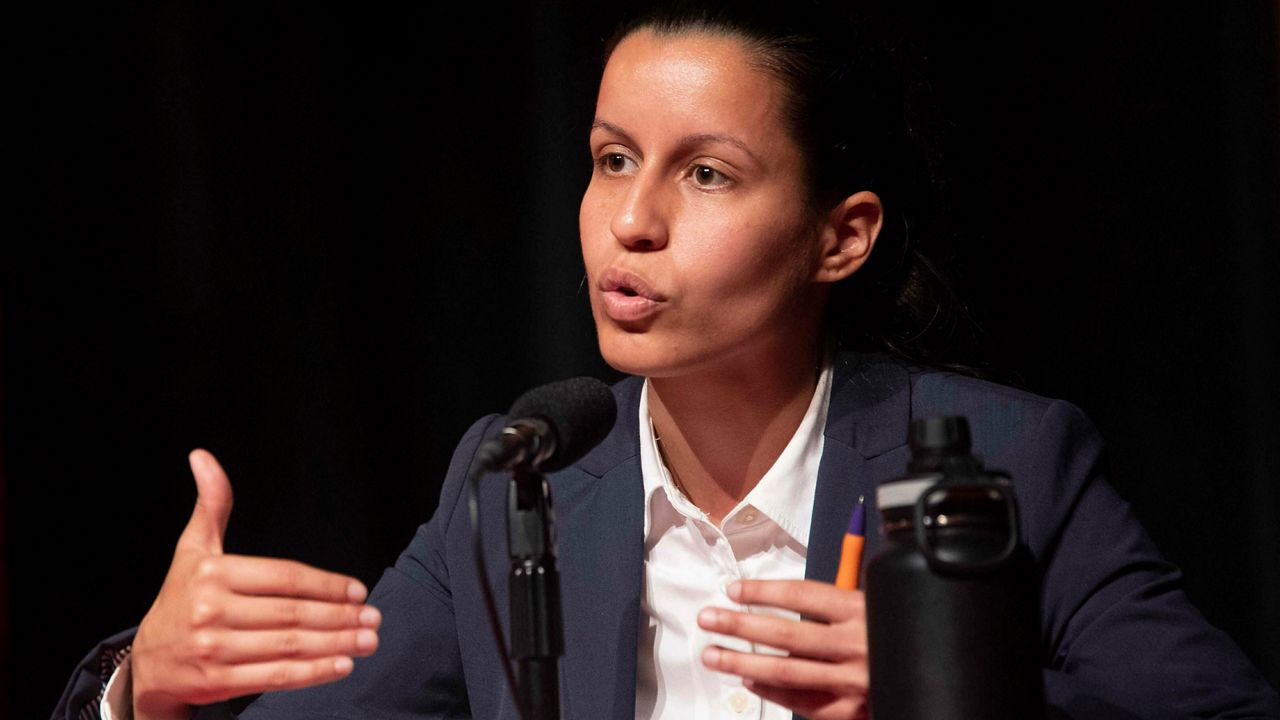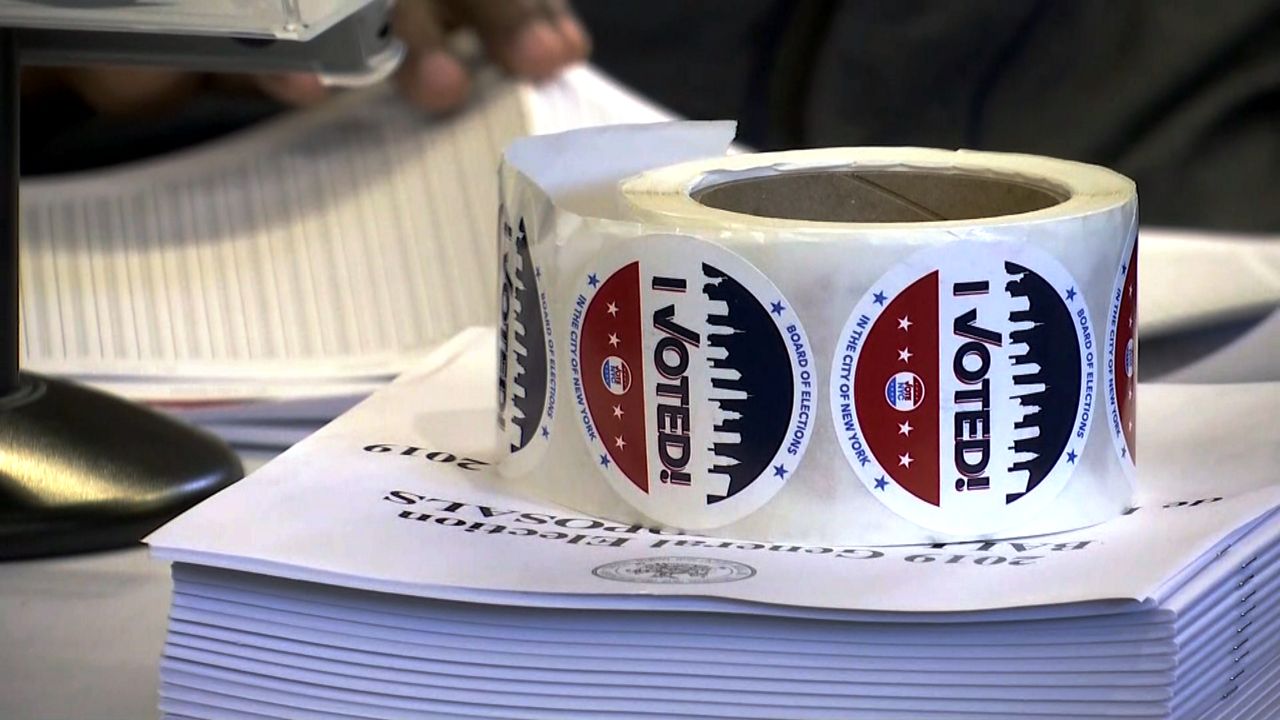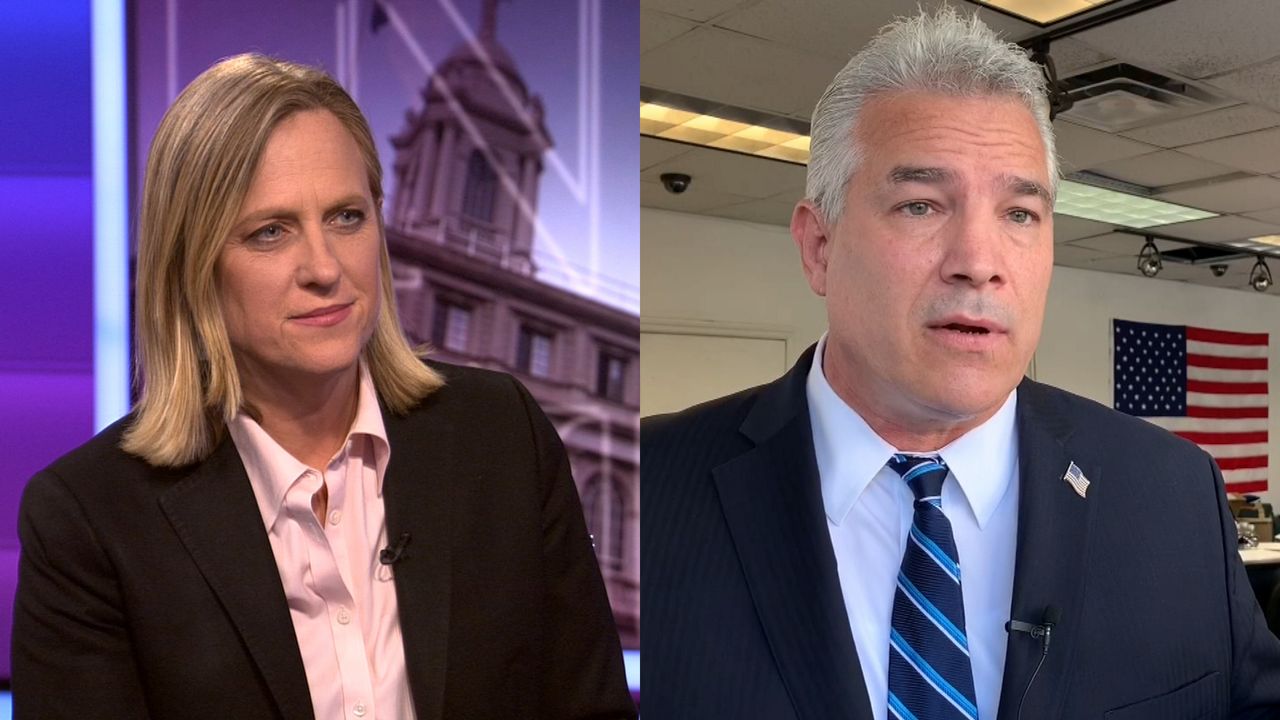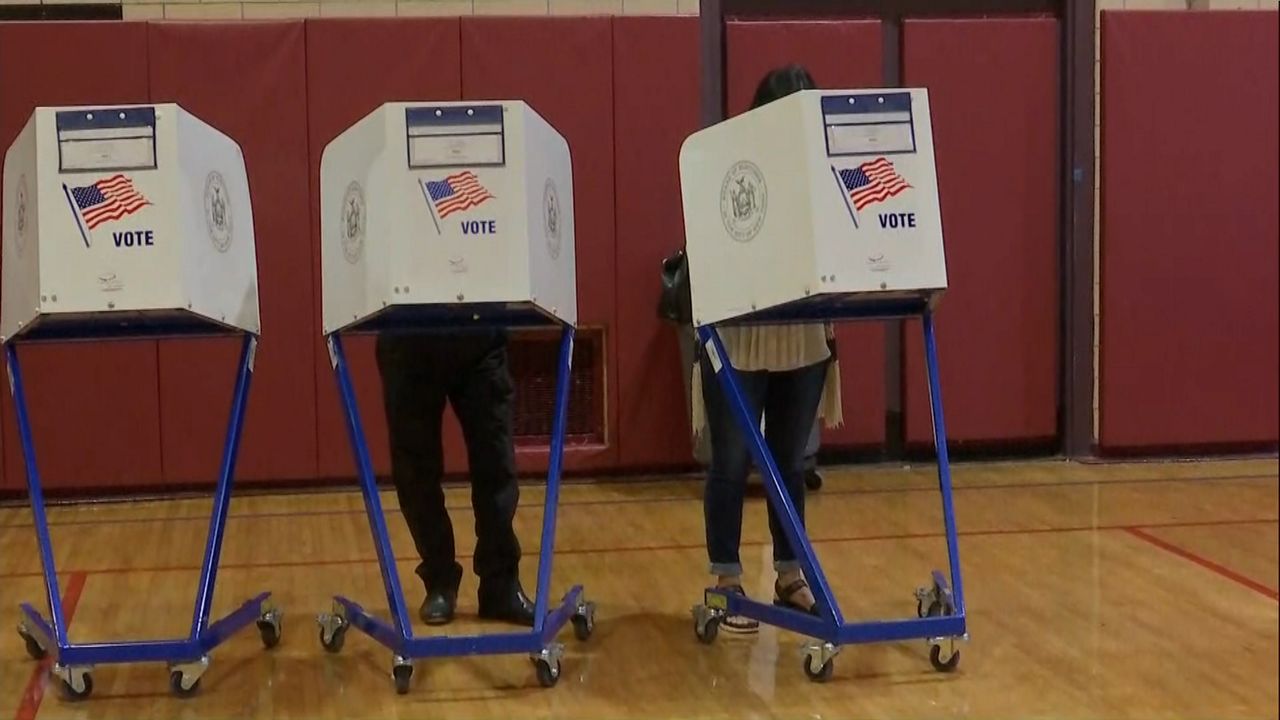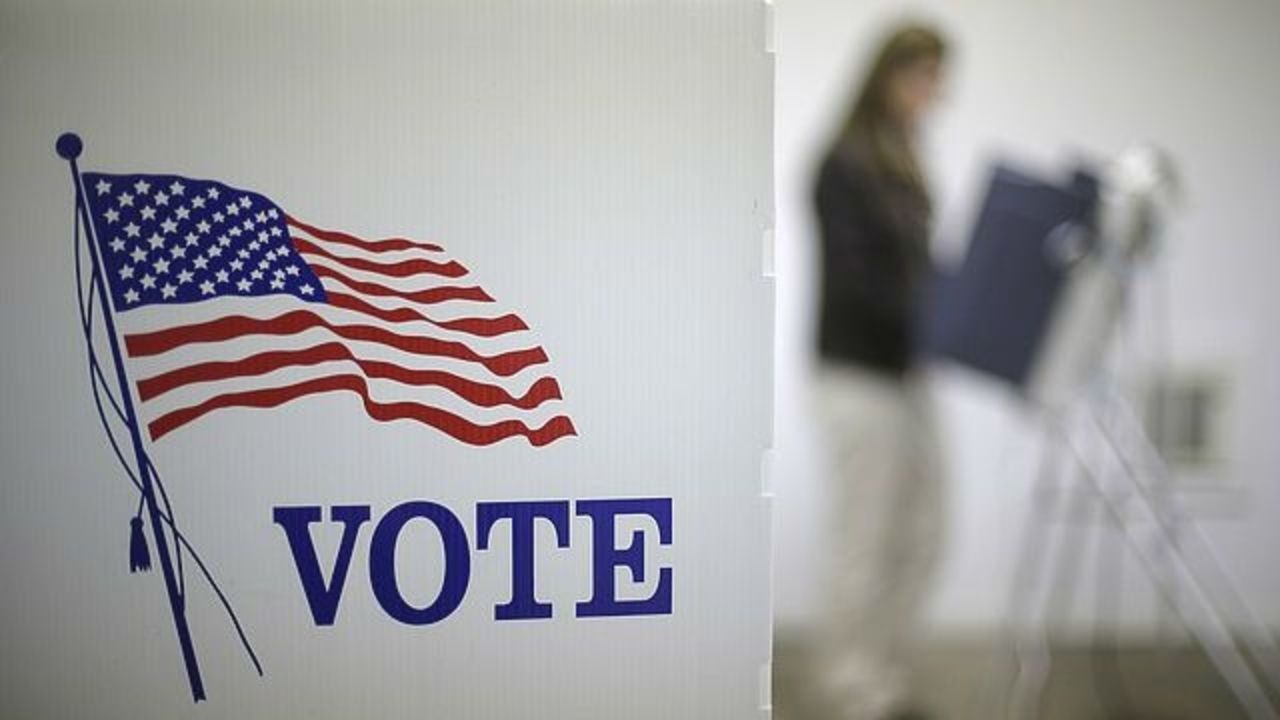After a weeks-long recount and court fight, Tiffany Cabán conceded the Democratic primary for Queens district attorney on Tuesday night after she failed to close the gap in the latest ballot review.
Cabán ended her campaign after a contentious and razor-thin race with Queens Borough President Melinda Katz, a race for which Cabán initially declared victory on Election Night on June 25, only to lose her lead when absentee ballots were counted.
Delivering her concession speech Tuesday before a crowd of volunteers and supporters in Queens, Cabán promised to continue her work towards criminal justice reform.
THE END OF THE COURT FIGHT
The New York City Board of Elections certified Katz the winner July 29 after it finished the manual recount and found that Katz won by 60 votes. But Cabán's team went to court, contesting that the board should not have ruled a little more than 100 ballots invalid, arguing they could be the difference in the race. Her lawyers said dozens of ballots were wrongfully disqualified —affidavit ballots, as well as a handful of ballots that were part of the machine recount.
That includes:
- 21 ballots from the machine recount that were dismissed over "technicalities"
- A minimum of 22 voters with affidavit ballots who were sent to the wrong polling site
- About 68 affidavits that were thrown out because they were missing a party affiliation
- 12 affidavit ballots that were thrown out due to missing registrations
But Tuesday proved to be a damaging day for Cabán's hopes of pulling out the win in court. Katz's margin only shrunk a bit — she lost seven votes since the morning while Cabán gained just three — and Brooklyn Supreme Court Justice John Ingram, who personally oversaw the counting of some ballots after the recount, decided earlier in the day that he would not open the nearly 68 affidavit ballots that were missing a party registration.
Cabán's team had hoped the judge would open and count those ballots and find that they were votes for her, but the judge's decision not to open the affidavit ballots made it essentially mathematically impossible for the public defender to win.
Cabán's campaign lawyer, Jerry Goldfeder, said they were disappointed other ballots were not counted, and disagreed with the rulings from the Board of Elections and the judge. Before Cabán's speech to supporters in the evening, Goldfeder didn't say if the campaign would appeal Ingram's decision. In the end, they declined to do so.
Ingram reviewed ballots Tuesday at a Board of Elections office so he could see the votes. Most of the six-and-half-hour day featured the Katz and Cabán campaigns battling over the intents of voters' handwriting — such as where a voter meant to put a check mark — on the ballots. Much of the same happened during the board's manual recount, during which both campaigns had a chance to contest the contents of ballots.
It's not clear for whom the 68 affidavit ballots were cast. When a voter requests an affidavit, they must fill out an envelope with their information, such as party affiliation (only Democrats were allowed to vote since it was a primary). But if a voter does not do that, their affidavit does not count, regardless of the content of the ballot. It's also not clear if the opened ballots indicated where the voter was from.
It was a dramatic turn of events for the public defender, who thought on Election Night she authored another left-wing upset win against the Democratic establishment. In early-July, Cabán's roughly 1,100-vote lead evaporated after the Board of Elections counted more than 3,500 absentee ballots. Katz, whom has the support of the Queens Democratic Party organization, chaired by Rep. Gregory Meeks, was found to have won 34,920 ballots to Cabán's 34,860 after the recount. The automatic manual recount was triggered last month because the margin of victory was below 450 votes (0.5 percent) in this race.
- 'Crosstown' podcast: What does a newsroom do when an election is too close to call?
Katz did not concede on Election Night, demanding every ballot be counted, but her overcoming the margin was not viewed as likely; she needed to win an overwhelming majority of those absentee and affidavit ballots to win the election, on a ballot that includes six other candidates.
THE STATE OF THE RACE
The candidates for Queens DA had been debating how to implement criminal justice reforms becoming popular around the United States, such as ending cash bail and reducing jail populations — and they debated how far the policies should go.
The next Queens district attorney will enter an office that had been occupied for nearly three decades by Richard Brown, who passed away earlier this year.
Katz was arguably viewed as the frontrunner in the race because she had the support of most of the Queens Democratic Party and many labor union endorsements, but she faced a spirited challenge from Cabán, who seemed to gain momentum late in the primary season. Cabán earned the endorsements of several prominent progressives, such as New York Rep. Alexandria Ocasio-Cortez, Philadelphia DA Larry Krasner, Senators Bernie Sanders and Elizabeth Warren, and the New York Times endorsed her. Cabán also got a late boost in donations — more than $233,000 in a three-week span before the primary, compared to Katz's $172,000.
The initial election results sent shockwaves through the city's political establishment and garnered the 32-year-old public defender national headlines.
Katz advances to the November general election, which she is expected to win against a Republican candidate.
If she is elected, the city will need to hold a special election for her borough president job.
------
Information from the Associated Press was used in this report.
------
Looking for an easy way to learn about the issues affecting New York City?
Listen to our "Off Topic/On Politics" podcast: Apple Podcasts | Google Play | Spotify | iHeartRadio | Stitcher | RSS




